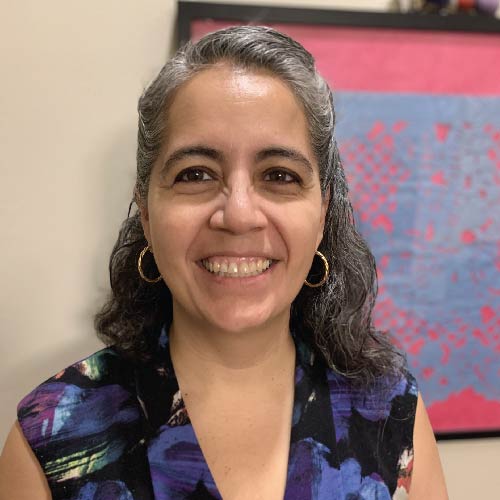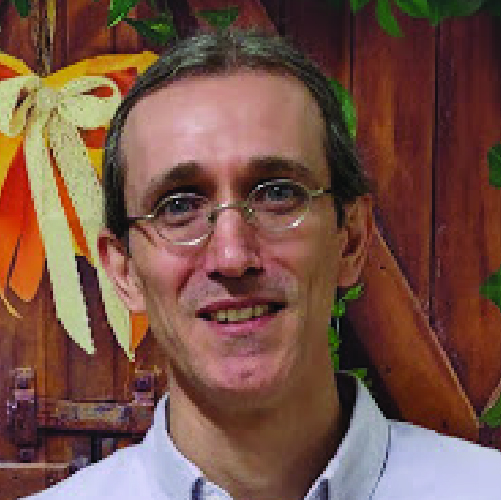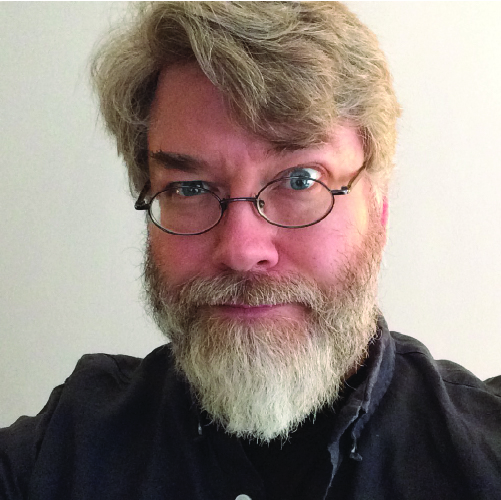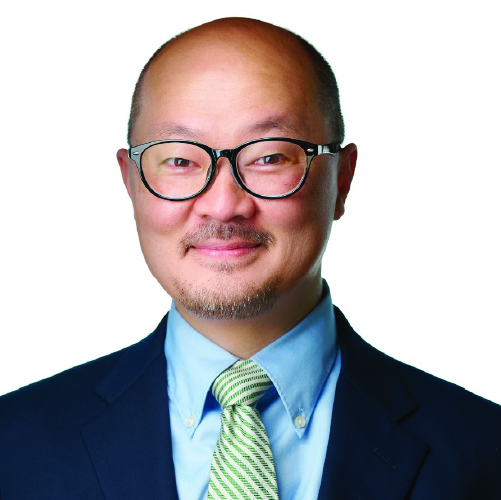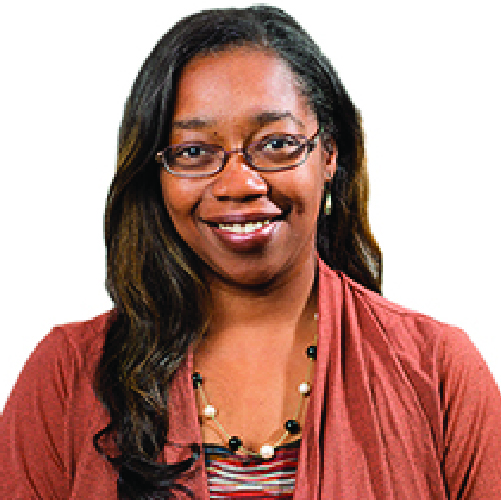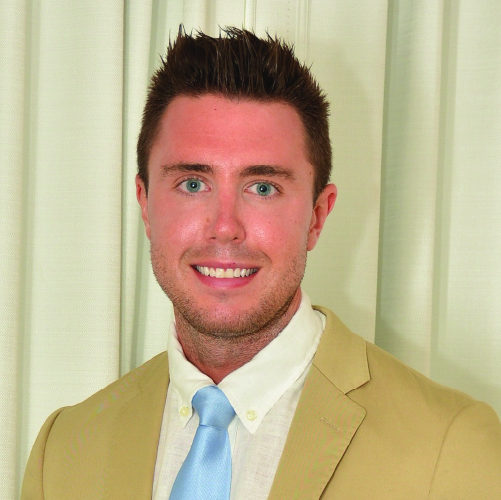Course Development
Loyola University Chicago’s Joan and Bill Hank Center for the Catholic Intellectual Heritage (CCIH) encourages the development of undergraduate and graduate courses connected to the broad range of Catholic thought. It does this by offering full-time Loyola faculty a stipend of up to $4,000 (pre-tax) for the development of these courses.
Application Information
Awarded faculty will also be required to meet several times as a cohort throughout the fellowship year for professional development and course planning.Awarded faculty will have a full academic year to develop their courses. Upon completion of their courses, they will be required to submit the following materials to the Hank Center:
-
A completed course syllabus
-
Drafts of all assignments for the course
-
A Sakai site for the course, or similar digital course asset
-
A 1-page statement, and several small social media blurbs, describing how the course supports and furthers the Catholic Intellectual Tradition at Loyola.
Awarded faculty will also be required to meet several times as a cohort throughout the fellowship year for professional development and course planning.
Applications for courses developed in Academic Year 2025-2026 will be due in early January, and can be submitted through our submissions platform. Applications must include:
-
Completed application form
-
Course Development Proposal
-
Proposals include a 1-2 page description of the proposed course, level of instruction (100, 200, etc.), topic(s), and purpose of the course, method of instruction, textbooks and materials to be used, course requirements, and planned evaluation methods. In addition, the proposal should explicitly state the ways that the course will integrate Catholic intellectual concern into the course. At least one third of the course’s content should be explicitly Catholic, but ideally, even more.
-
-
Instructor Background
-
Proposals should include a paragraph describing the instructor’s background (research, teaching, or other experience) in the topic and material proposed for the new course, and how that background will contribute to the instructor’s ability to develop the course.
-
-
Current CV
-
Approval from Department Chair (to be completed through application portal)
Applications are reviewed and evaluated by the Hank Center Advisory Board, and are judged on the merit of the proposed course in relation to its pedagogical aims and its attention to topics of Catholic intellectual concern.
Faculty members in all disciplines--and both tenure track and non-tenure track--are encouraged to apply for course development funding through the Hank Center. In awarding course development funding, attention is given to distributing these funds equitably to faculty across all departments. Applications for undergraduate courses are additionally considered in relation to the proposed course’s curricular contribution to the university’s interdisciplinary minor in Catholic Studies. Applicants apply with the understanding that their proposed course must be taught within three (3) semesters after it has been funded and developed.
Prospective applicants are encouraged to consult with CCIH’s Associate Director, Dr. Joseph Vukov (jvukov@luc.edu), in order to cultivate a constructive and pragmatic approach to course design. Submissions can be made here.
Current Courses
|
Minerva Ahumada Clinical Professor, Philosophy |
The Person and Society (ACPHI 205) The Person and Society (ACPHI 205) is a course that, according to the catalogue, takes “a contemporary look at the origins of social problems, democracy movements (both domestic and international), and the role of government in society.” For this class, I am interested in looking at immigration as a political, and not merely individual, phenomenon. In order to do this, I will ask my students to read Solito, by Javier Zamora. I will pair this reading with Ignacio Ellacuría’s philosophical work on human rights and non-intervention. As I gain a greater understanding of Ignacio Ellacuría’s philosophical work, I want to invite my students to see how contextual and applied his approach is. Ellacuría, S.J., moved to El Salvador in 1947. The political movements in Latin America inspired him, and others, to develop Liberation Philosophy. In this philosophical approach, Ellacuría investigates Catholic thought and phenomenology and urges us to consider the ways in which material reality must be improved so individuals can reach their potential. Ellacuría eloquently and ardently argued for a deeper and more concrete understanding of rights, especially the right to life. In writings whose audience seems to be the larger public—not the academy or even politicians—Ellacuría moves us to be persons for others. As Zamora recounts the reasons why he traveled from El Salvador to the U.S. on his own, his memoir reminds of the practical and lived effects of a failure to guarantee the right to life. |
|
Alberto Bertozzi Lecturer, Associate Member of The Graduate School Faculty |
Platonic and Catholic Metaphysics and Anthropology: Interactions and Transformations The course is an introduction to the interaction between Platonism and the Catholic tradition. The selection of texts we will study, ranging from Plato to twenty-first century philosophers, aims to show how ancient Platonism both influenced Catholicism (and Christianity in general) and was creatively transformed and integrated in it. Thematically, the course focuses on the respective metaphysics and anthropologies of the two traditions; more precisely, their multi-layered and hierarchically ordered metaphysics and anthropologies. Both in the Platonic and in the Christian worldview, neither reality as a whole nor the human being are unqualifiedly simple entities but rather complex networks of hierarchically organized and mutually irreducible aspects or levels, which simultaneously spring from a transcendent source and are directed to the same source as their fulfillment. Our main goal is to understand how Catholic thinkers from the early centuries to the present have employed Platonic concepts and strategies to provide a rational foundation to what they take as the metaphysical and anthropological presuppositions of the Christian message. The course is cross-listed as PHIL 342-CATH 303 Topics in the Catholic Philosophical Tradition. |
|
David Dault Assistant Professor of Christian Spirituality |
Nuclear Security and Catholic Social Teaching Pope Francis has issued a dual challenge to the Church and to the world around the key questions of nuclear policy. On the one hand, he has declared that the possession of nuclear weapons by any nation is unacceptable, and has called for complete disarmament. On the other hand, the calls for radically new approaches to environmental policy in documents such as Laudato Si’ all but require an increasing role for nuclear power. Both weapons production and power production draw from the same basic raw materials, and create similar types of waste. Navigating the complex terrain of nuclear policy for the 21st century will require informed and passionate advocates. The goal of this course is to equip Loyola students to be informed on exactly these sorts of informed and passionate public advocates for humane nuclear policies in a hostile and rapidly evolving global landscape. Students will learn how to translate and synthesize Catholic Social Teaching and well-researched energy policy positions into a variety of public-facing communications, including press releases, op-eds, letters to representatives, position papers, and parish and diocesan communications. |
|
Brian Lee Assistant Professor of New Testament and Early Christianity |
Forgiveness in Catholic Tradition: An Interdisciplinary Seminar (THEO 280) This seminar offers an interdisciplinary and chronological survey of how interpersonal forgiveness has been conceptualized and practiced in the Catholic tradition, from classical Greek philosophy and early Judaism and Christianity, to late antiquity and the medieval period, and up through the contemporary period. Interpersonal forgiveness will be examined in relation to theories of emotions, ideals of justice and community, and ways of understanding sin and divine forgiveness in the Greco-Roman, Jewish, and Christian traditions. The conceptualization and practice of forgiveness will be studied from a variety of disciplinary perspectives, including psychology, political theory, philosophy, history, biblical studies, and theology, with a particular focus on Catholic tradition. |
|
Richelle Rogers Digital Media and Storytelling Graduate Program, School of Communication |
St. Ignatius of Loyola and the Student Experience The course, St. Ignatius of Loyola and the Student Experience, will explore St. Ignatius of Loyola and his innovative educational legacy from a historical perspective to the present day -- from the student perspective. The course will inform students about St. Ignatius of Loyola and his formative years as a student and a man of faith, including his transformation and conversion. Through a professional multimedia project, students will develop and deepen their understanding of St. Ignatius of Loyola and expand their conceptions of Jesuit education through three ideas: The Spiritual Exercises, The Ignatian Pedagogical Paradigm (IPP), and Catholic Social Teaching. One of the central outcomes of the course is to provide the student with an invitation to articulate, create, and communicate the future of Ignatian pedagogy and the educational legacy of St. Ignatius of Loyola to bring about a more just world. |
|
Michael J. Schumacher Lecturer, Criminal Justice & Criminology |
Migration and Crime in the Mediterranean Context his summer course, which will be taught at Loyola’s John Felice Rome Center, introduces students to the intersectional dynamics of migration and crime within the context of the Mediterranean Basin. Special focus will be placed on Italy’s experience with migration, notably migration from conflict zones throughout the Mediterranean (especially the Middle East and North Africa (MENA)), as well as how migration has impacted Italian criminal justice, politics, and society. Special attention will be paid to the role the Catholic Church and Catholic charities play in addressing migration and crime in Italy, notably the role Catholic non-governmental organizations (NGOs) play in promoting human rights and dignity for migrants. |
Past Courses
Browse past courses here.

